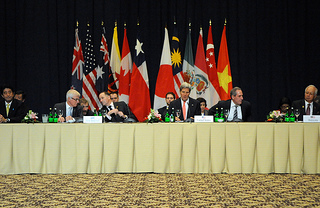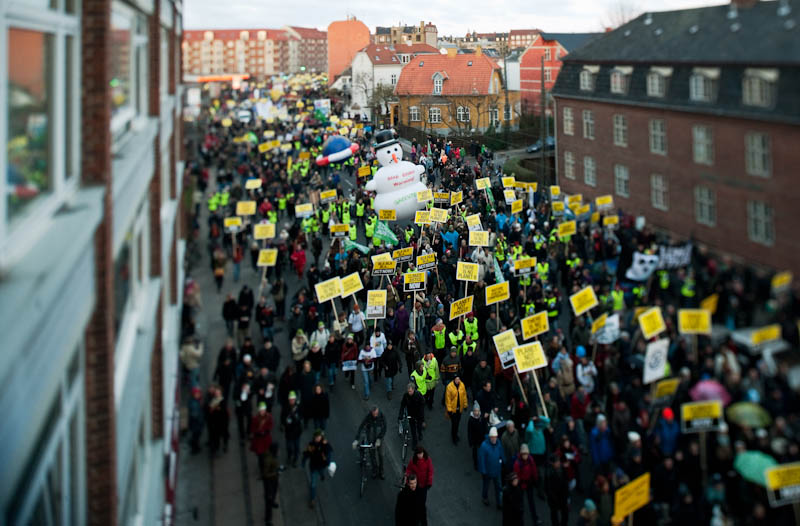By Dena Adler

The International Civil Aviation Organisation (ICAO), the UN specialized body for aviation, earned international praise in October 2016 for striking a deal to cap emissions from international passenger and cargo flights at 2020 levels, but a new Sabin Center Working Paper argues that ICAO must improve its transparency to truly “take-off.” Given the hurdles to achieving international cooperation, ICAO deserves kudos for developing its Carbon Offsetting and Reduction Scheme for International Aviation (CORSIA), the program that aims to put the brakes on emissions from aviation—a sector responsible for approximately 5% of man-made radiative forcing. The Environmental Defense Fund estimates that if effective the program could offset 2.5 billion tonnes of carbon dioxide between 2021 to 2035. However, first the program must achieve lift-off. What additional efforts could help launch its success?
In a new Sabin Center Working Paper, legal consultant, Aoife O’Leary, argues that for starters, CORSIA must significantly improve its governance structure and transparency. Otherwise, it will risk being perceived as illegitimate by the public. In her paper, she evaluates whether CORSIA would pass muster under the Aarhus Convention—an international treaty that grants the public rights of access to information, participation in decision-making, and access to justice in environmental matters. Applying the Aarhus Convention, she finds that ICAO must allow public participation and transparency as the details of CORSIA, especially biofuel and offset standards, are determined. In addition, O’Leary explains why the EU is obligated to publicly disclose any CORSIA documents and exposes uncertainty regarding whether the implementation of CORSIA into EU law will be in compliance with the Aarhus Convention. Read the complete Sabin Center Working Paper to learn more.



